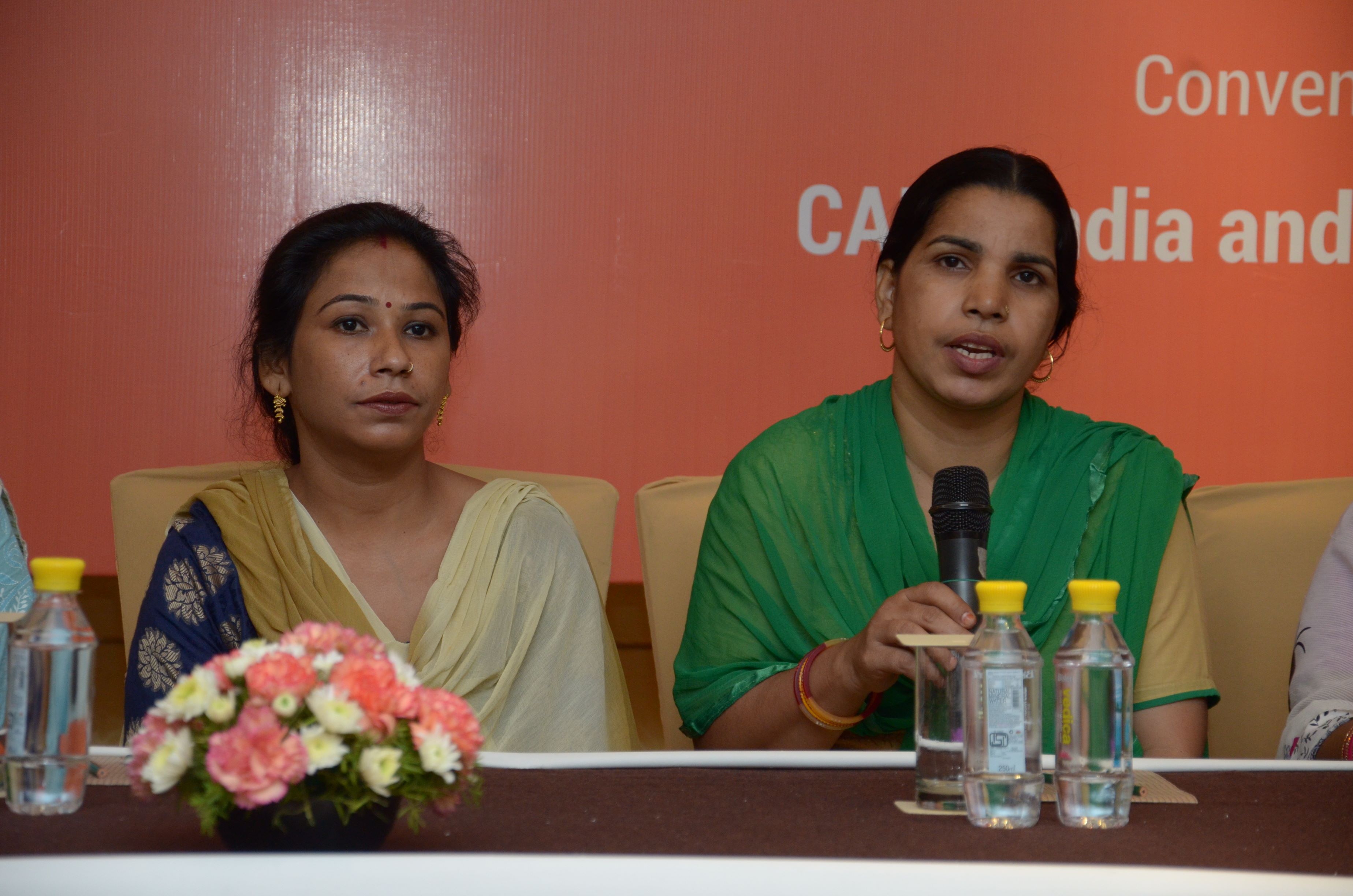LIVELIHOOD
 Any normal day in an average Indian middle-class household cannot be imagined without the domestic worker carrying out daily chores for the household. The domestic worker is an essential part of the household, and an integral one, that it is hard to carry out everyday proceedings without them. If one picks up elementary education books, one can easily spot the profession of a postman, policeman and weatherman- as people who never take an off. They work all days, every day but we would never find the mention of a domestic worker who maintains our daily household work and function. If today, we ask a domestic worker this would precisely be one of the few basic demands they ask for. Recognition and acknowledgment of their work and some dignity and respect for them and their work.
Any normal day in an average Indian middle-class household cannot be imagined without the domestic worker carrying out daily chores for the household. The domestic worker is an essential part of the household, and an integral one, that it is hard to carry out everyday proceedings without them. If one picks up elementary education books, one can easily spot the profession of a postman, policeman and weatherman- as people who never take an off. They work all days, every day but we would never find the mention of a domestic worker who maintains our daily household work and function. If today, we ask a domestic worker this would precisely be one of the few basic demands they ask for. Recognition and acknowledgment of their work and some dignity and respect for them and their work.
Domestic worker falls in the category of unorganised sector of work and in the sphere of informal economy, i.e. workers who work in the households, in unorganized enterprises, excluding regular workers in the formal sector. Labor relations are mostly based on casual employment, or kinship and personal relations rather than contractual or formal agreements.
CARE India along with SEWA Bharat recently conducted a series of workshop sessions with women who are working in the unorganised sector. The conversations revolved around the violence and harassment these women face in their place of work, along with the nature of work and the work usually relegated to them. Various SEWA Bharat service centers spread across the city of Delhi had haunting and painful stories of women who work as domestic workers in various households, striving every day.
For these women, violence and marginalisation are two-fold- the virtue of being a woman and the work that they do, not seen with dignity. When one hears them talk, one can easily spot disappointment, anger, and pain. Disappointment in people they work for, disappointment and anger in the system, for there are gaps in the implementation of laws and schemes made to protect them. Pain, because there is no dignity assigned to the work that they carry out, every day, so that ‘we’, can lead a hassle-free life. But at the same time, there was a spark and a will to fight till the end to achieve their right to life and dignity and their labor to be recognized. They have a will and desire to break away from the vicious cycle and make sure that their future generations do not fall into the trap. They harbor a dream of breaking the shackles of drudgery and have recognition of their work and their recognition as dignified workers.
They want to strive for the better so that anyone who is in future employed as a domestic worker has better wages, more acceptable status in the societal structure and do not have to curse their fate for being a domestic worker.




